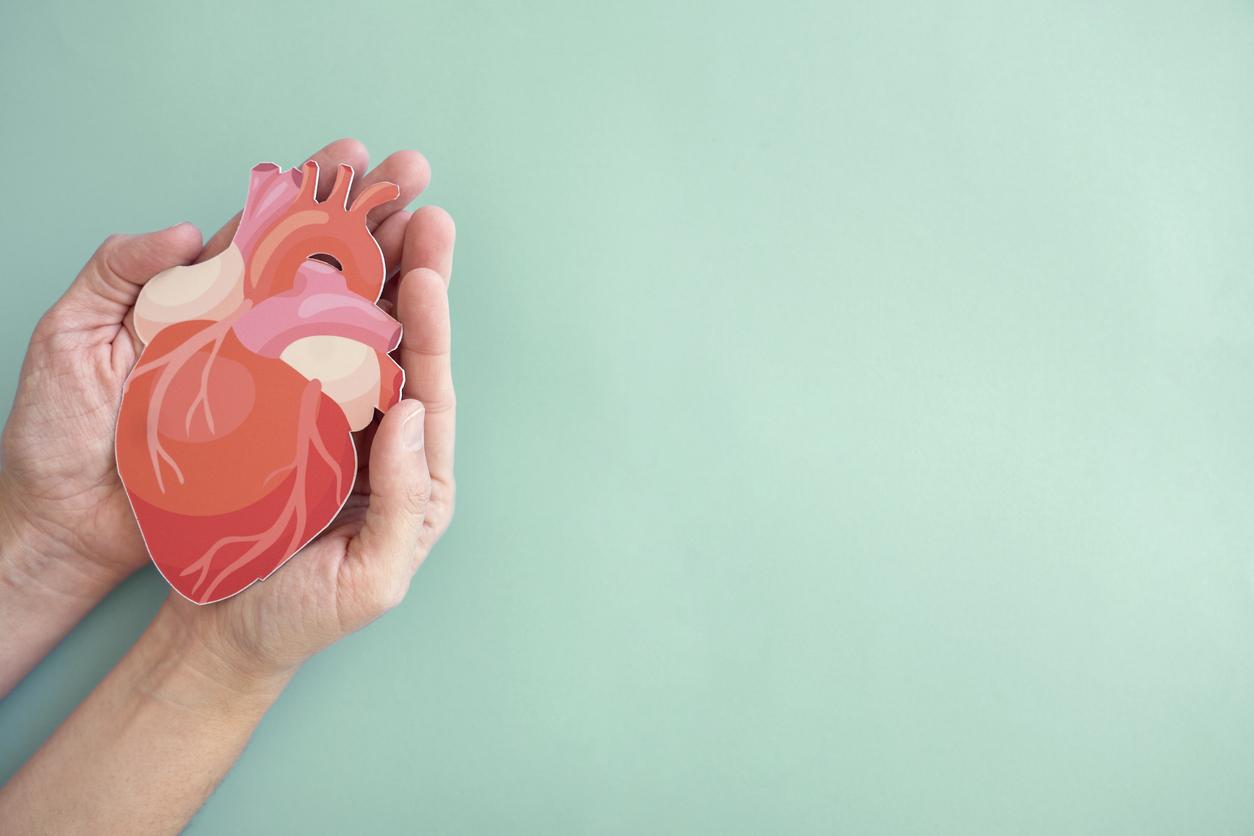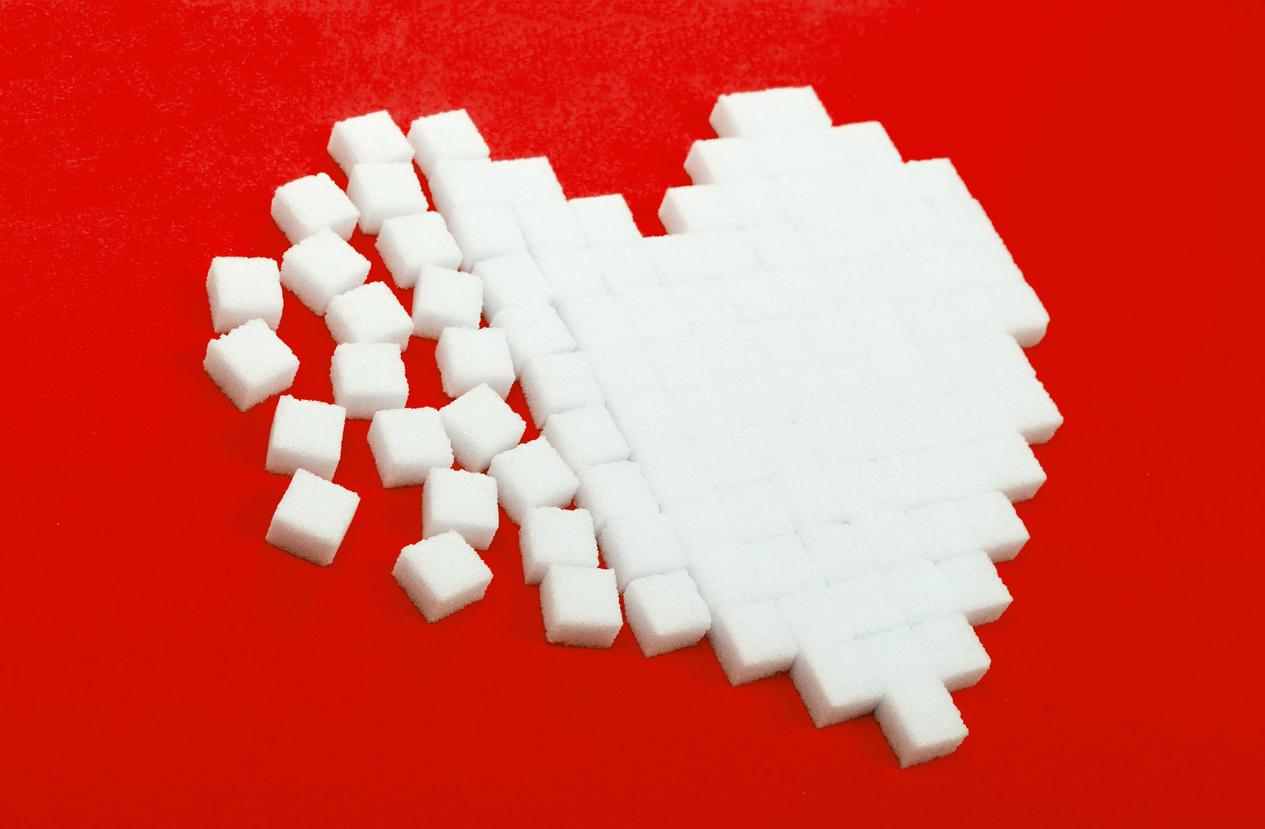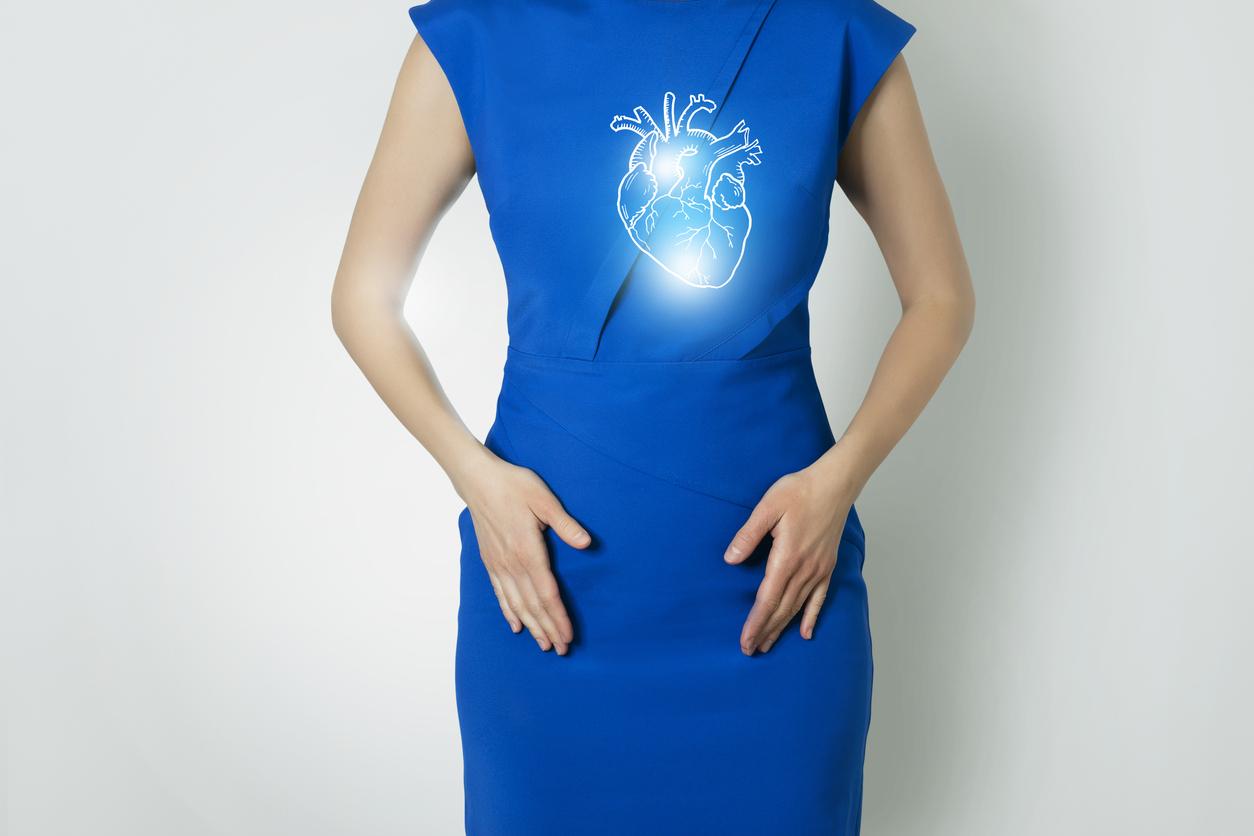Atrial fibrillation results in stagnation of blood in the heart which causes a risk of clot formation. Taking anticoagulants prevents this risk, which can result in a stroke or an embolism.

By disrupting the functioning of the atria which ensure blood circulation, atrial fibrillation has the effect of stagnating the blood in the heart with, because of this stagnation, the risk of formation of clots which, if they are transported in the blood vessels , can cause hemorrhage or embolism. The greatest risk is stroke when these clots migrate into the vessels of the brain.
This is why one of the treatments for atrial fibrillation involves the administration of anticoagulants which thin the blood and prevent the formation of clots. “Historically, the anticoagulant treatment is vitamin K antagonists which activate proteins that play a role in blood clotting, by inhibiting the action of vitamin K found in many foods. As there are interactions and certain foods can modify the effects of the drug, we advise patients to be careful with salad, spinach or green beans, for example”, explains Professor Jean-Philippe Collet de la Pitié- Salpetriere, in Paris.
More stable and predictable effects
These interactions no longer exist with the new anticoagulants which, bypassing vitamin K, directly block certain coagulation factors. “The interest compared to anti vitamin K is that these are drugs that have much more stable and much more predictable effects, they are better tolerated than anti vitamin K and are more effective, in particular because they there are fewer fluctuations and therefore more need to regularly check the fluidity of the blood”, adds Professor Collet.
On the other hand, the patients to whom these anticoagulant drugs are prescribed require strict monitoring, in particular of the renal function two or three times a year for those who suffer from renal insufficiency. And then, in general, anticoagulant treatment is not neutral since by thinning the blood, it increases the risk of bleeding.
Report the taking of these treatments
“Patients on anticoagulants must have a card indicating that they are taking these treatments. This is important in the event of an accident on the public highway, for professionals who are exposed to constraints or potential mechanical accidents and also for athletes since, if there is a risk of contact, there are precautions. to take, even definitive contraindications”, emphasizes Jean-Philippe Collet.

.











-1739366311.jpg)




